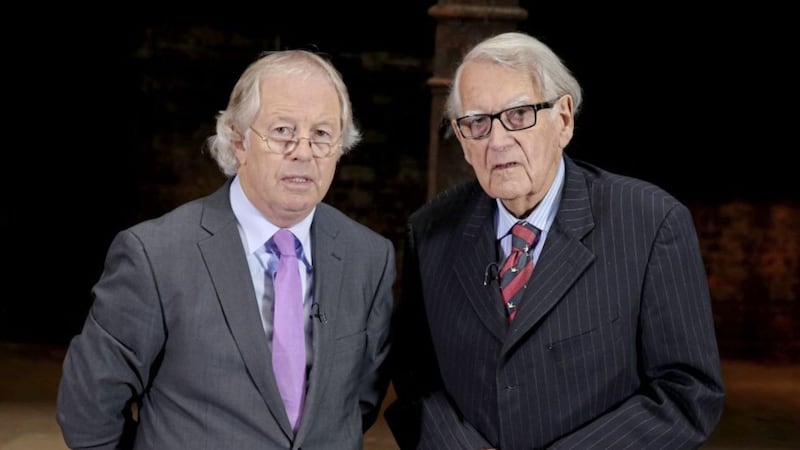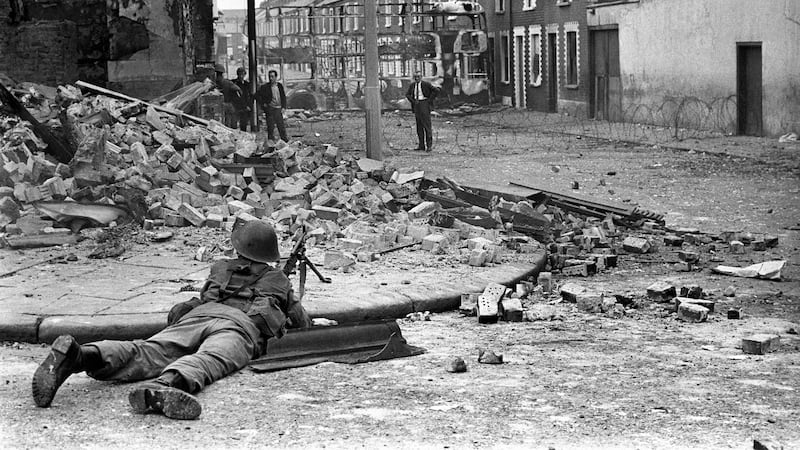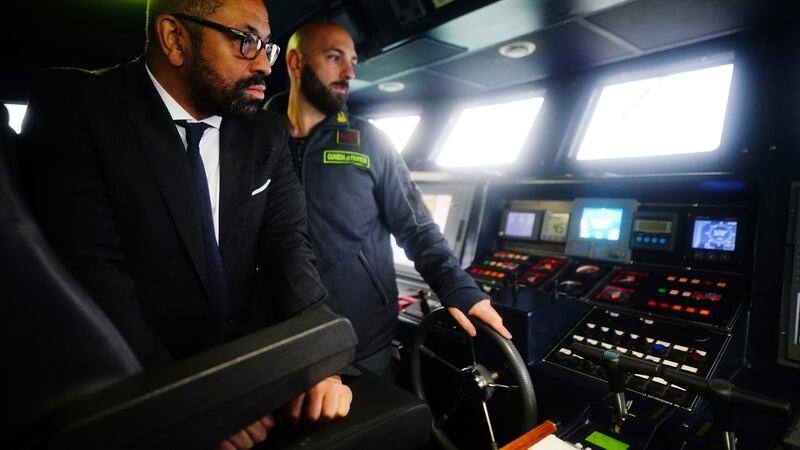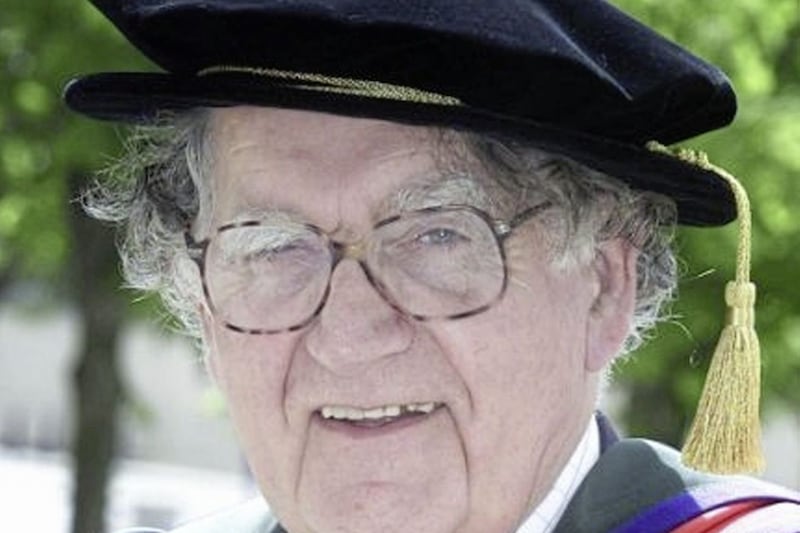A SETTLEMENT in Northern Ireland can only be achieved if "some kind of confessional" takes place to resolve historical issues, a former Irish senator has suggested.
However Maurice Hayes, who played a central role in the Sunningdale Agreement and was a member of the Patten Commission which changed policing in the north, said he would "eventually.....prefer to draw a line in the sand" of the past.
A former high-ranking Stormont civil servant and leading GAA figure, he made the comments in an interview with broadcaster Eamonn Mallie, also describing how he believes "the GAA is suffering from a kind of schizophrenia at present".
During the interview for the Irish language programme, Beart is Briathar, he also spoke about how he reached the corridors of power at Stormont.
"I believed I had to prove that a Catholic could do the job as well as anyone else," he said.
"I believed I was as good as anyone else. There were changes happening there too, as you said, in the old guard.
"The British started to arrive at the same time. The strange thing is I found it easier to negotiate and work with the British than the old guard as you said.
"They were all very nice to me. I wasn't hampered in any way."
Involved in the Sunningdale Agreement in 1974 and a member of the Patten Commission, the 89 year-old had an insider's role at many levels over the past 50 years.
Asked if it was possible to reach a real settlement without resolving historical cases, he said "everything cannot always be neat and tidy".
"I'd prefer to draw a line in the sand. Eventually, I mean," he said.
"You can't keep going over it. The community needs a period of calm for a generation or two perhaps.
"I understand it is very tough for victims, for those who have suffered.
"That may be the price they will be asked to pay. I'd be happier if there was some kind of confessional.
"People could tell their stories if they wanted to, and they would be left there for a number of years and allow historians to interpret them."
Heavily involved in the GAA during Down's historic 1960 All Ireland win, Mr Hayes said the organisation was "suffering from a kind of schizophrenia at present" in relation to national unification.
"They're torn between nationalism and internationalism," he said.
"They're now talking of promoting games in Dubai and Bali and so forth. As far as I'm concerned, I'd prefer that they were promoting hurling in Fermanagh rather than introducing it to Dubai.
"You can't be nationalist on the one hand and international on the other. There is an issue of encouraging excellence."
He also said he believed the flying of tricolours over GAA pitches "aren't necessary".
"...but they've been there a long time and it would be hard to change that at the moment I reckon but these things aren't crucial," he said.
"It also depends on what kind of unity we have in mind in Ireland. If they want to involve everybody, they'll have to do this at some stage.
"There are thousands of people who aren't getting involved. I'd prefer that they would consider attracting people by improving the standard of the games."
:: Beart is Briathar will be broadcast on BBC2 Northern Ireland at 10pm on Monday April 24.








